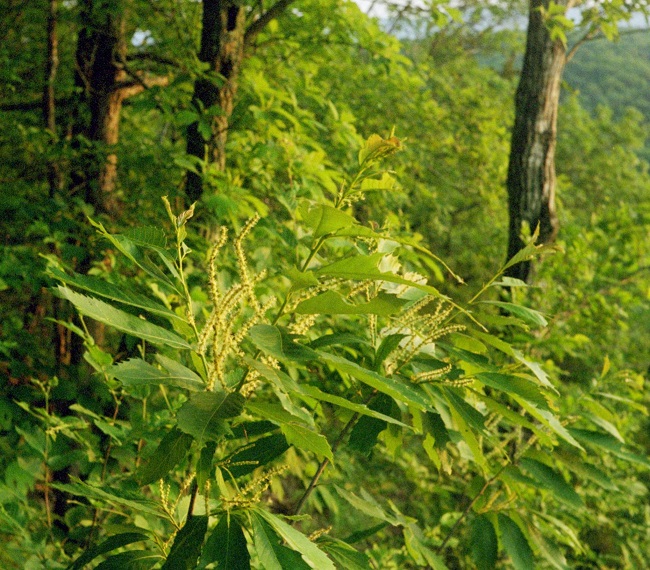News Release
You are viewing ARCHIVED content published online before January 20, 2025.
Please note that this content is NOT UPDATED, and links may not work. For current information,
visit https://www.nps.gov/aboutus/news/index.htm.

NPS Photo
|
Subscribe
|
Contact: Casey Johanssen, 870-449-4311
The National Park Service (NPS) is extending the public comment period of the Buffalo National River Plant Gathering for Traditional Purposes Environmental Assessment (EA). The original deadline for public comments was September 6, but it has now been extended to October 6. Initially there were some technical issues with the NPS Planning, Environment & Public Comment (PEPC) website receiving comments from the public. Those issues have now been resolved and the park wanted to ensure people had time to submit their comments.
The purpose of this assessment is to evaluate the potential impacts of entering into an agreement with the Cherokee Nation to allow plant gathering for traditional purposes on the Buffalo National River. The park and the Cherokee Nation collaboratively prepared the EA, which is available for a 60-day public comment period. At the request of the Cherokee Nation, trusted information has been redacted.
The EA is available on the NPS Planning, Environment & Public Comment (PEPC) website through October 6.
https://parkplanning.nps.gov/
How to Comment: There are three ways to comment during the public review period from August 2, 2019 through October 6, 2019:
- Online through the PEPC https://parkplanning.nps.
gov/documentsOpenForReview. cfm?parkID=119&projectID=78896
- By Mail to:
Attn. Plant Gathering Plan
402 N. Walnut, Harrison, AR 72601
Letters should be postmarked by October 6, 2019
- By Email to: buff_superintendent@nps.
gov
Comments that merely support or oppose a proposal or that merely agree or disagree with NPS policy are not considered substantive. All commenters are encouraged to review the criteria for substantive comments below and respond accordingly.
Substantive comments are those that:
Substantive comments are those that:
- Question, with reasonable basis, the accuracy of the information in the NEPA document;
- Question, with reasonable basis, the adequacy of the environmental analysis;
- Present reasonable alternatives other than those presented in the NEPA document; or
- Cause changes or revisions in the proposal. In other words, substantive comments raise, debate, or question a point of fact or analysis.
Last updated: September 20, 2019
